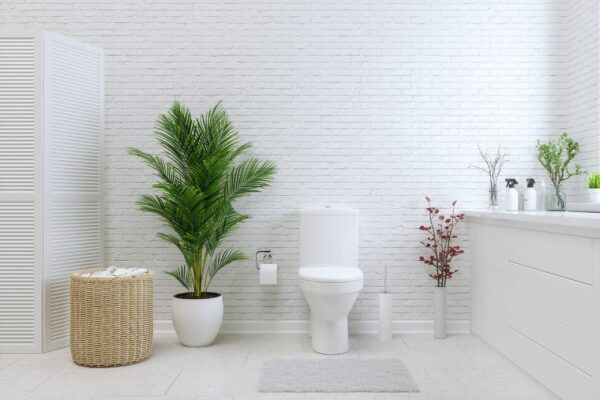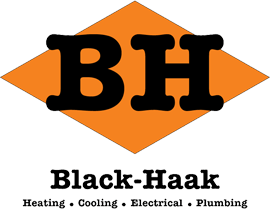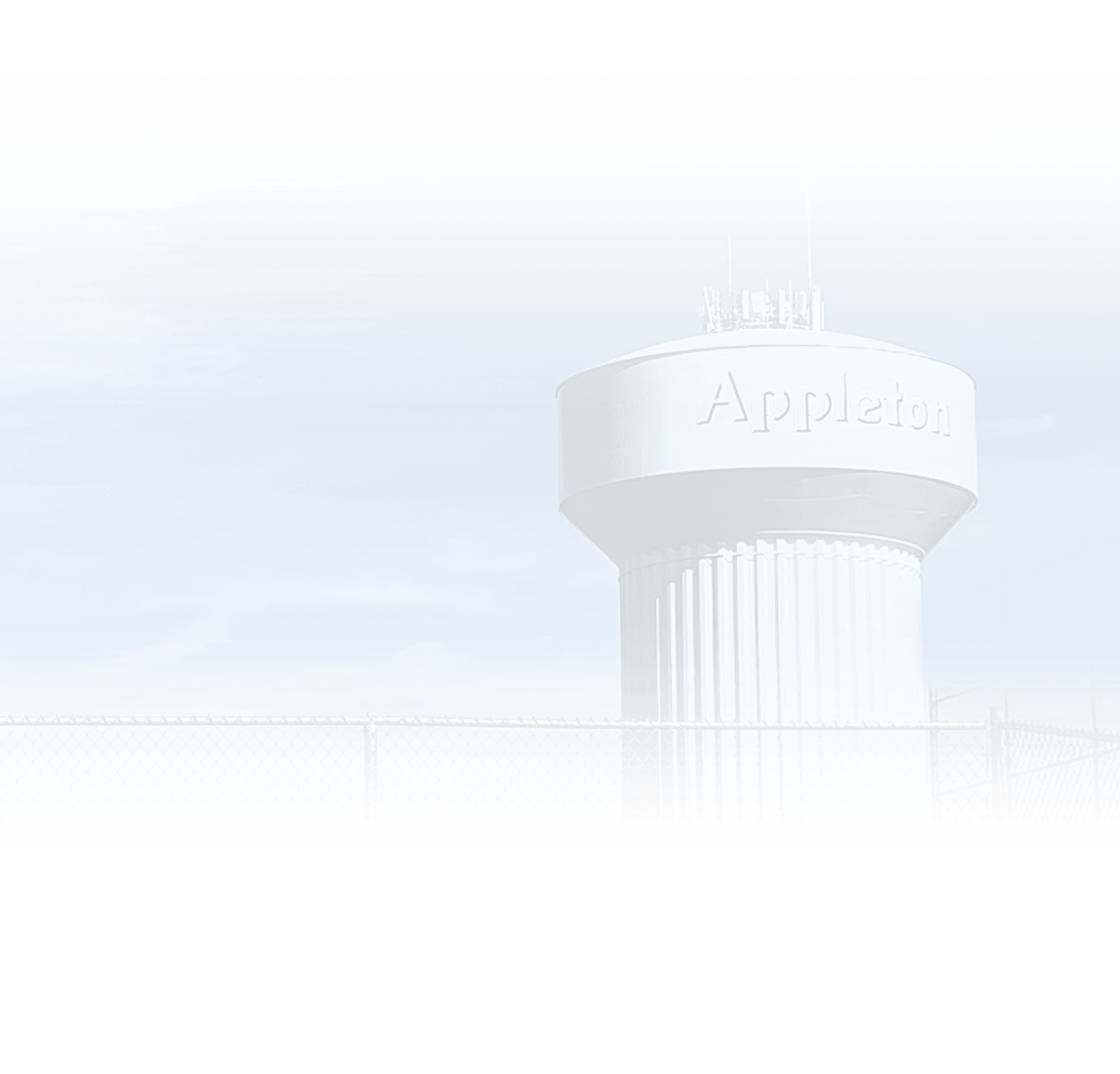
There’s bound to come a time when someone clogs the toilet in your Fox Valley, WI home. Before you whip out your plunger or reach for a store-bought drain cleaner, it’s important to know how each method works and when to use it. Following are four common ways to unclog a toilet along with information on why they may or may not get the job done.
1. Warm Water and Patience
For minor toilet clogs, it can be tempting to wait a few seconds and try the handle again. However, if absolutely no water is moving, this is a bad idea. The rapid influx of new water from a single flush could leave you with a nasty overflow.
There are times when toilet blockages aren’t complete and limited water can still pass. When blockages are the result of having used too much toilet paper or passing an abnormally large stool, waiting will give the offending materials a chance to dissolve or break down. You can even try expediting this process by pouring a generous amount of warm water into the bowl. If it works, your toilet should clear out on its own without the benefit of an additional flush.
This technique is worth a try if you don’t have a plunger on hand and your clog seems fairly mild. Adding a bit of liquid dish soap to the mix may even lubricate the blockage and facilitate movement.
2. Using Your Trusty Plunger
If you don’t already have a plunger, now is the time to get one. Plungers are among the safest and most effective troubleshooting tools homeowners can use for basic plumbing problems. Plungers apply pressure to blockages through air compression. To get the results you want, you have to make sure that your plunger forms a tight seal around the toilet’s drain hole so that you aren’t introducing additional air.
Plungers also work best when there’s enough water in toilet bowls to fully cover their flexible, rubber bottoms. If all or nearly all of the water has drained out of your commode and left you with nothing but solid waste, be sure to add a bit more water before getting started.
When plunging, use short, firm strokes. When plungers are sufficient for clearing toilet clogs, the waste and remaining wastewater will exit the bowl without the need for an additional flush. Locate the water stop or stop valve at the back of your toilet before attempting to flush your toilet again, even if its bowl has already cleared. This way, if the blockage still exists, you can shut the water off before the toilet overflows.
Plungers are the “go-to” method for all soft, organic blockages caused by debris that will gradually break down in the water.
3. Store-Bought Drain Cleaners
Store-bought drain cleaners are fast-acting solutions for clearing mild to moderate clogs caused by toilet paper, soap scum, human waste, and other soft, naturally degrading materials. Not all drain cleaners are safe for use in toilets. Moreover, most of these products come with multiple health and safety warnings.
The same qualities that allow these solutions to rapidly break down organic materials make them corrosive enough to cause serious harm when they come in contact with the eyes, skin, and airways. Worse still, if they don’t work, corrosive drain cleaners also have the potential to wreak havoc on residential plumbing systems by eating through their pipes.
Once you’ve dumped a corrosive cleaner into a clogged drain or commode, there’s really no way to get it all the way back out until the blockage is resolved. Thus, in nearly all cases, the risks of using drain cleaning solutions far outweigh the rewards.
Unfortunately, when store-bought drain cleaners don’t work, they can additionally make it unsafe to try other drain-clearing methods. Vigorously pumping a plunger in a toilet that’s filled with corrosive chemicals can cause dangerous splash-back. If you can’t clear your clog with warm water or your plunger, it’s generally best to call a plumber.
4. Drain Snakes
Depending upon who you ask, drain “snaking” can mean many different things. When desperate times call for desperate measures, some people have performed this dirty, hands-on job with straightened wire hangers and other thin, long, household items. However, formal drain snaking is done with a relatively low-cost plumbing tool known. You can find drain snakes at local home improvement and hardware stores on the same aisles as plungers.
Drain snakes have semi-rigid coils with corkscrew-like tips. They’re just flexible enough to conform to the shape of drains, and when they’re inserted, they bore right through soft, semi-solid materials. These tools are effective at breaking up blockages caused by excess toilet paper and larger masses of human waste.
Whenever a toilet clog doesn’t respond to a plunger, there’s a fair chance that it’s the result of a solid, non-degradable item. For instance, you may have a toddler in your home who tried flushing a toothbrush or a toy. Someone may have dropped their razor in the commode and never saw it go down. Using a forceful tool like a drain snake to clear a solid blockage will only push the problem deeper into your plumbing system. Not only will this make professional plumbing repairs essential, but it will also result in higher repair costs. This is why it is best to use a plumber.
The second issue with drain snakes is that they’re surprisingly powerful. This is especially true if you opt for an expensive, motorized option rather than one that’s extended manually. Using too much force in any element of your plumbing system can result in serious pipe or fixture damage and the need to have one or more components replaced. If snaking a drain is ever necessary, you should call a plumber and have them do the snaking instead.
Blackwater: Getting Down and Dirty and Why It’s Always a Bad Idea
The blackwater that comes rushing into drains during whole-house backups is a pathogen-riddled sludge that’s bound to cause skin and health problems on contact. Although the wastewater in a clogged toilet isn’t exactly on par with the filth that returns from the sewer system, it’s still rife with disease-causing bacteria.
Grabbing hangers, toilet brushes, and other hastily fashioned tools is guaranteed to be messy. Even if your toilet is successfully unclogged, you’ll probably have germs on your tool of choice, toilet seat, and the surrounding flooring. It will take a lot of cleaning to ensure that everything is sufficiently disinfected to prevent illness and infection.
Homemade toilet-clearing tools have to be thrown immediately away. The risk of getting feces-contaminated water on your body is reason enough to leave the dirty work to professionals.
Contact Us
The surest way to resolve your clogged commode is by giving us a call. We proudly serve residents of Fox Valley, Wisconsin and the surrounding communities. We offer heating, cooling, plumbing, and electrical services as well as indoor air quality products. To schedule an appointment, contact Black-Haak today.

